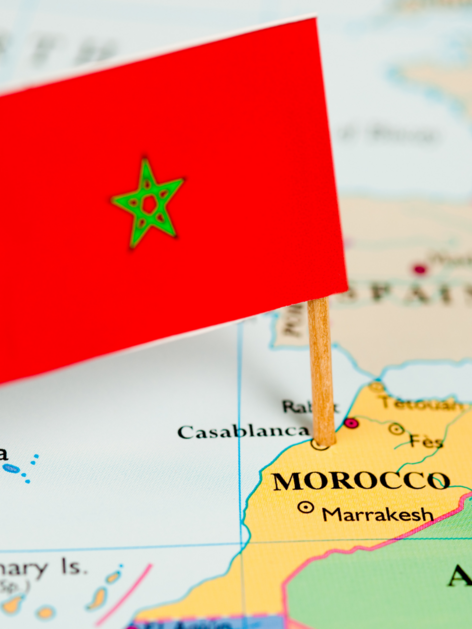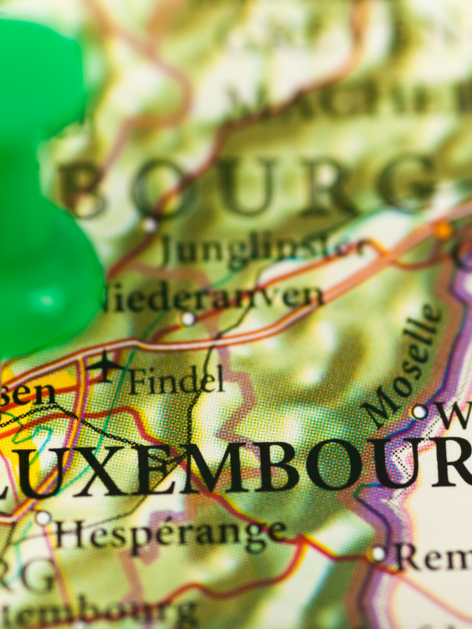What language is spoken in Austria? The official and the spoken language

What is the official language in Austria ?
The official language in Austria is German. German is an Indo-European language that belongs to the family of Germanic languages, i.e. those spoken by the Germanic peoples of northern Europe. German grammar is particularly complex, with four cases (i.e. the nominative, genitive, dative, and accusative) and three genders (masculine, feminine, and neuter). The words are long because they are made up of the union of different words, and some of them do not have a direct equivalent in other languages. Furthermore, the verb is often placed at the end of sentences and the alphabet is made up of 26 letters, those of the English alphabet to which ä, ö and ü are added.
This language became official in the territory at the time of the Austro-Hungarian Empire, in 1867, and then reconfirmed in 1920 with the Austrian Constitution and in 1955, when the country gained independence. In some regions of the country, however, varieties of German are used, which differ slightly from standard German and are often influenced by the languages and cultures of the surrounding areas. For example, the Austro-Bavarian dialect with about seven million speakers is widespread throughout Austria, followed by the Alemannic dialect (similar to Swiss German) which is spoken in the west in parts of Vorarlberg. Then there are Carinthian and Viennese, used respectively in the southern region of Carinthia and in the capital. Finally, the Tyrolean dialect is typical of Tyrol, the region in the center of the country.
In general, Austrian German differs from the German spoken in Germany. To give some examples, the pronunciation of Austrian German is softer (with "ch" often pronounced as an aspirated h), while grammatically the pronoun "es" becomes "er" when indicating the time. There are also variations in the terminology, such as the word "bread" which in Germany is "Brötchen" while in Austria it becomes "Semmel".
Other languages in Austria
Although the language spoken in Austria by the majority of inhabitants is German, some regional linguistic minorities have been recognised. Below you will find the main ones, together with the other languages spoken in the various parts of the country.
Croatian
Croatian has been the official language of the Burgenland region since 1955, with 1.6% of total speakers
Hungarian
The Hungarian language is also recognized as an official language in the Burgenland area (since 1972), although it is used by an increasingly smaller group of people than in the past.
Turkish
It is the most widely spoken second language in Austria, with a percentage of around 2.3% of speakers.It is the most widely spoken second language in Austria, with a percentage of around 2.3% of speakers.
Serbian
Serbian also represents a large linguistic minority, with 2.2% of the population.
Slovenian
In parts of the Carinthian region, the Slovenian dialect is spoken by nearly 14,000 Austrians. This language has been one of the minorities recognized as official since 1955.
Other languages
Other foreign languages are used in Austria by smaller groups of people, such as Italian by Italians living in Tyrol, Czech in Lower Austria by immigrants from the Czech Republic, and French and Spanish by some communities in the capital.
Austria: historical notes
Austria is a country located in the heart of Europe already inhabited in the Stone Age, but whose real history begins with the arrival of the Celts, who remained in Austrian territory until the 1st century BC, when Austria it became part of the Roman Empire. The region was governed by the Romans for about four centuries, during which the territory experienced excellent development especially in terms of infrastructure. After the fall of the Roman Empire, various barbarian peoples succeeded one another, such as the Ostrogoths and the Lombards, and then various kingdoms and empires, including the Carolingian empire of Charlemagne.
A period of rule by the Holy Roman Empire and the Babenberg dynasty followed, until the 14th century when Austria became part of the Habsburg Empire. In 1867 the Austro-Hungarian Empire was born, through the merger of the Austrian and the Kingdom of Hungary, which then dissolved in 1918 following the First World War, when Austria became an independent republic. During the Second World War, however, Austria was annexed by Nazi Germany, but in 1955 it became an independent state again with the Austrian State Treaty.
After independence, the country joined the United Nations and over the years has become an important commercial and financial center of Europe, thanks to its strategic position and its political and economic stability. Today, Austria is a prosperous and modern country, with a population of almost 9 million concentrated mainly in major cities, such as Vienna, Salzburg, and Graz.
Where to learn German?
Traveling to Austria and interacting with locals can help improve your understanding of the German language and Austrian culture. We at Sprachcaffe want to help you organize an exciting and unforgettable trip, and above all useful for expanding your cultural baggage. Do you want to learn the language of Austria? Pack your bags and leave for one of our German schools! Our study holidays are open to all high school and university students, but also to adults of all ages. Choose the type of accommodation that's right for you and customize your trip with the various options available.
Alternatively, if you don't have the possibility to travel for a medium-long period of time, we suggest you take a look at our online German language courses, which are comfortable and very useful for studying directly from your home. You can opt for the standard course or the intensive course, choose the number of lessons per week with flexible dates and times, or decide to follow individual lessons tailored to you.







